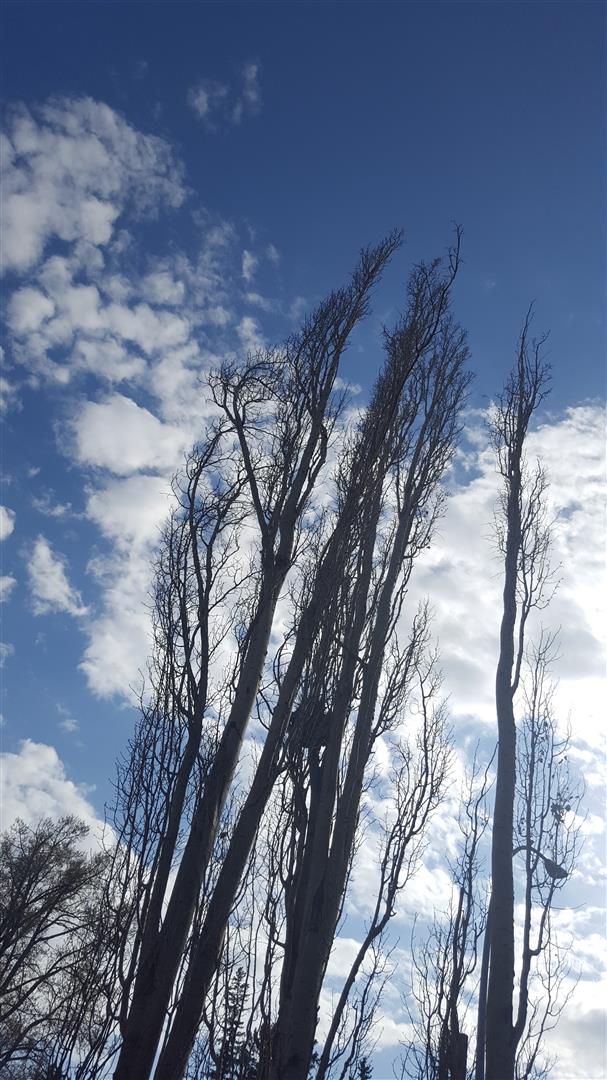
- Pindar, Pythian Ode 3 (used as the introduction by Paul Valéry to his poem The cemetery by the sea)*
To the possible
So I begin with what is possible in my life. The gradual lifting of the restrictions to our quotidian lives has followed the sun: As the sun rose in our spring skies, the confines of home, even in our lovely home with space inside and out, started to chaff, and we poured out onto the sidewalks and into the parks. We’ve had literary weather, weather that reflected our social state: a miserable April, which made it easy to shelter in place and only go out when one must; a warming May, which brought welcome news of a flattening of the Covid-19 curve; and a green & glorious June, which has opened the doors & windows and let us escape into the great outdoors.
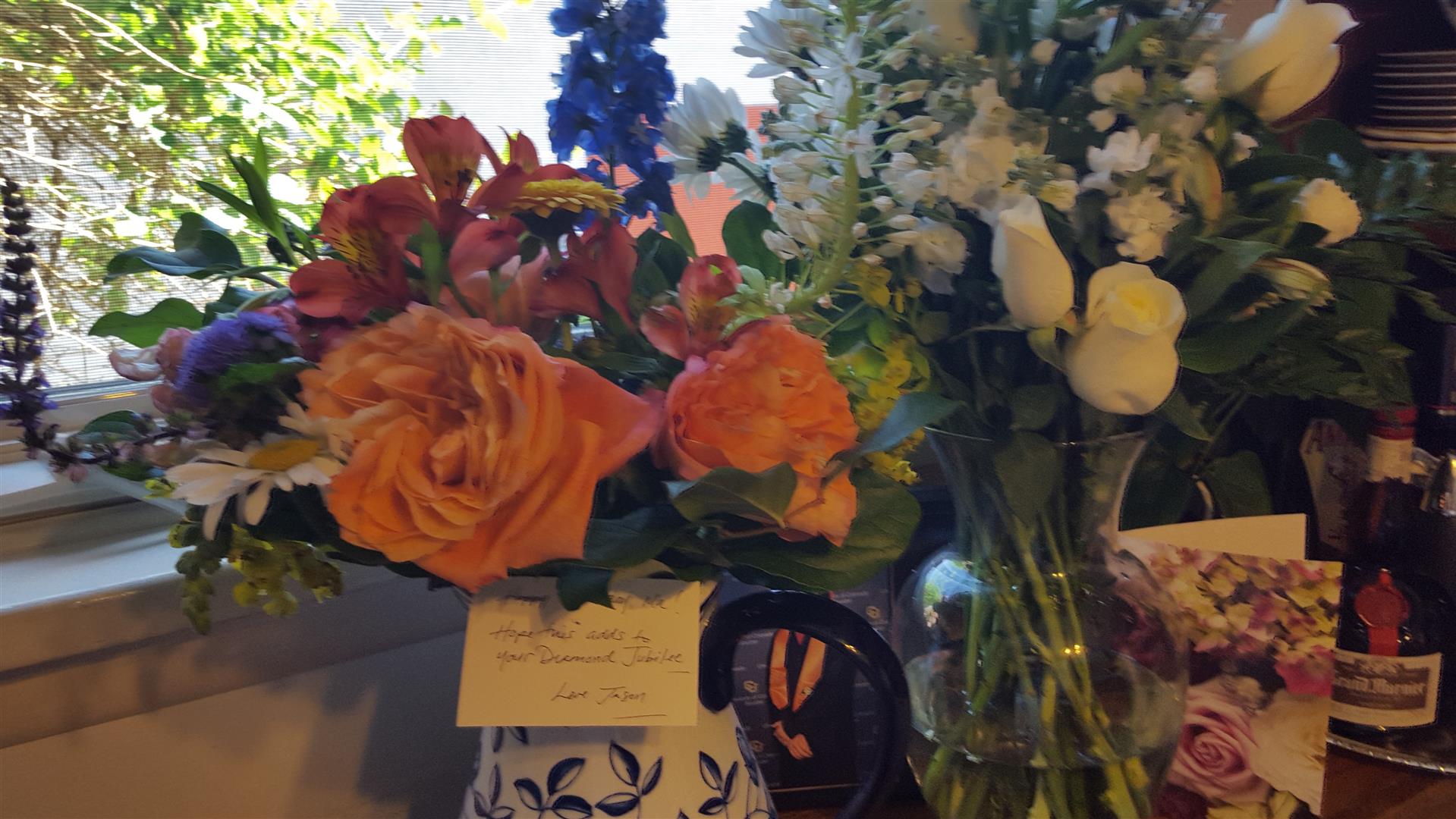
So I did the possible. I went to the shops on the day they opened: to the Bay where customers were scarce the first day, a few more the next time and even more the third time I went; to Nordstrom where the merchandise is spread out with lots of space for customers & staff to keep their social distance; to Exquisite for a manicure & pedicure where Plexiglas divided us all but the aestheticians, with their warm welcome, made it seem almost normal—and my nails are oh, so pretty!; and finally to lunch on River Café’s patio where I lived:
And what is so rare as a day in June?
Then, if ever, come perfect days;
Then Heaven tries earth if it be in tune,
And over it softly her warm ear lays;
Whether we look, or whether we listen,
We hear life murmur, or see it glisten…**
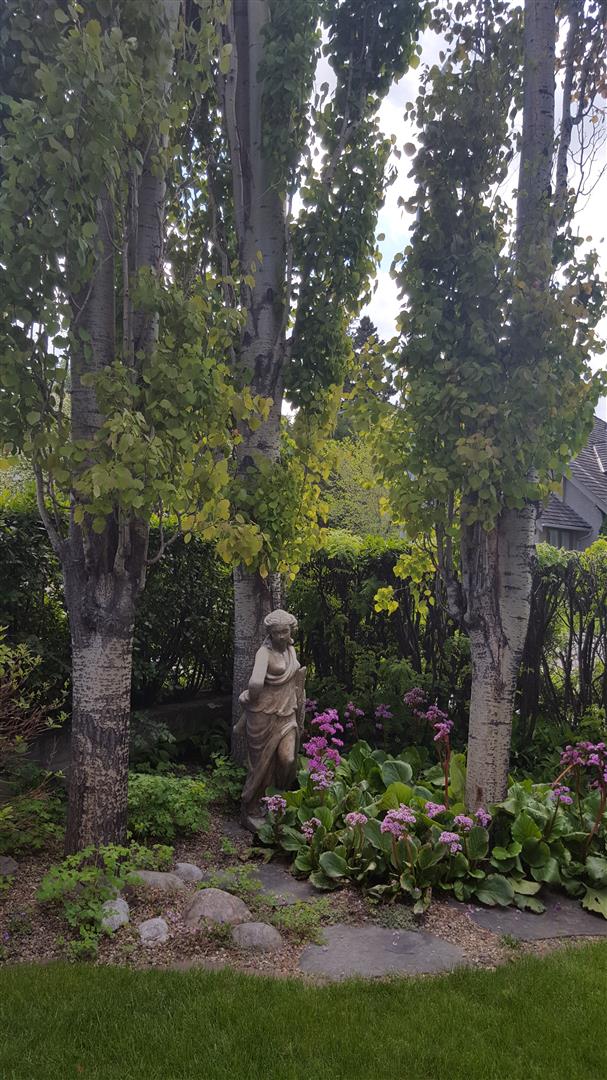
To a memorial lunch
And now I’m planning the possible. A dear friend of ours died this winter, and his memorial Mass took place under the shadow of the pandemic, denying us the chance to say a public goodbye. I’d planned a memorial lunch at the end of March with a few people—people he had met and got to know at the many parties over the years at our place—and it, too, had to be canceled. The four of us have been friends since university days; we grew our careers together in the oilpatch; and we grew our family together, starting with rough & wonderful picnics in various rough & wonderful spots in the foothills around Calgary on a Sunday afternoon. Kids & parents loved them because they were unstructured ‘free’ time for the kids to muck around and get dirty and for the parents to sit around the fire laughing and talking and drinking wine. So it’s simply not possible to NOT celebrate Murray’s life.
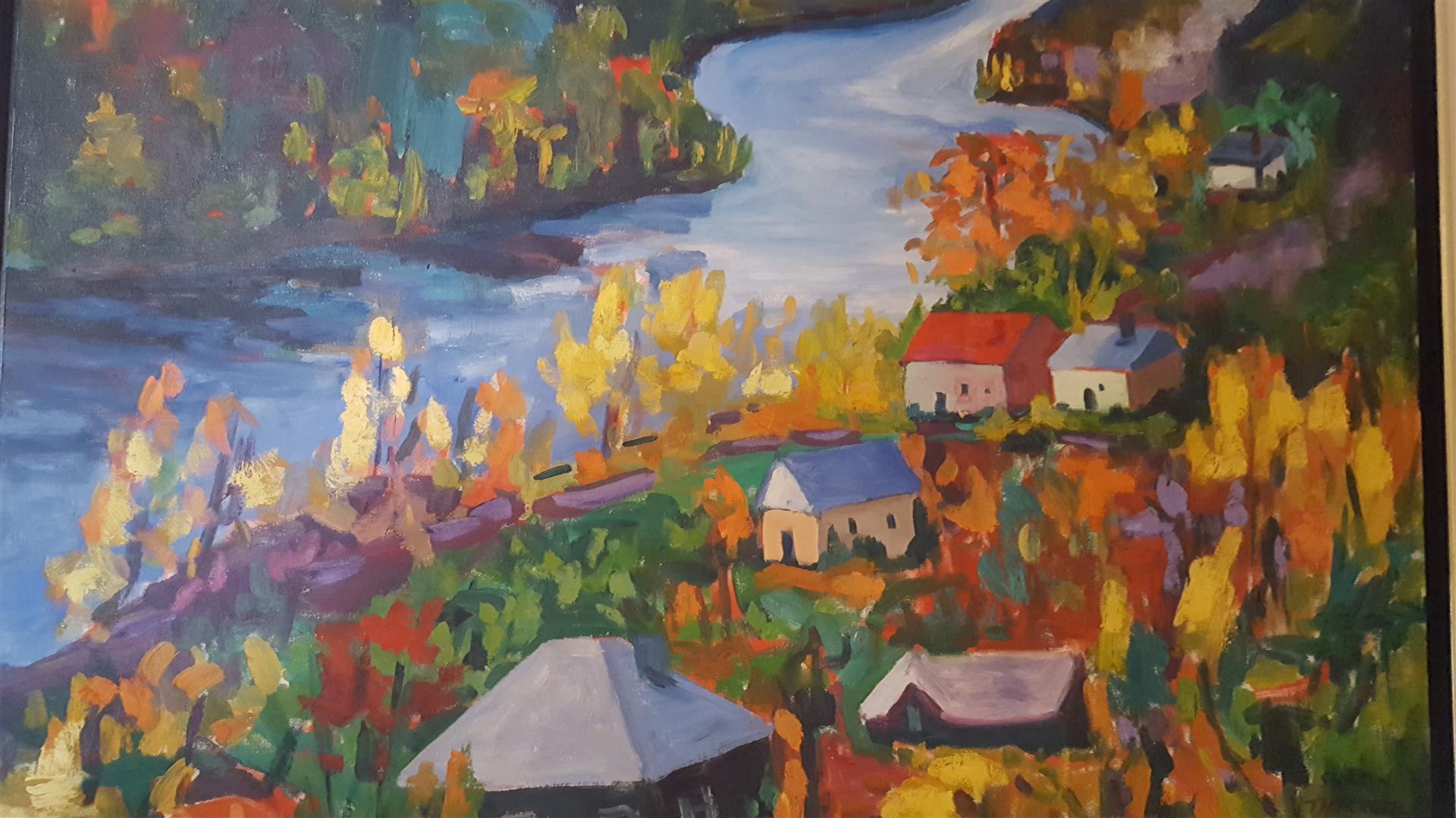
Now, I must plan the menu, the wine, the flowers… Like Mrs. Dalloway (see Blog #9), I become immersed in their planning, with lists in my head and on paper created, consulted and checked off as the date nears. Parties are the poetry of life, their content and cadence embodied in the plans for, the presentation of, and the people at the party. Without them, life is prosaic.
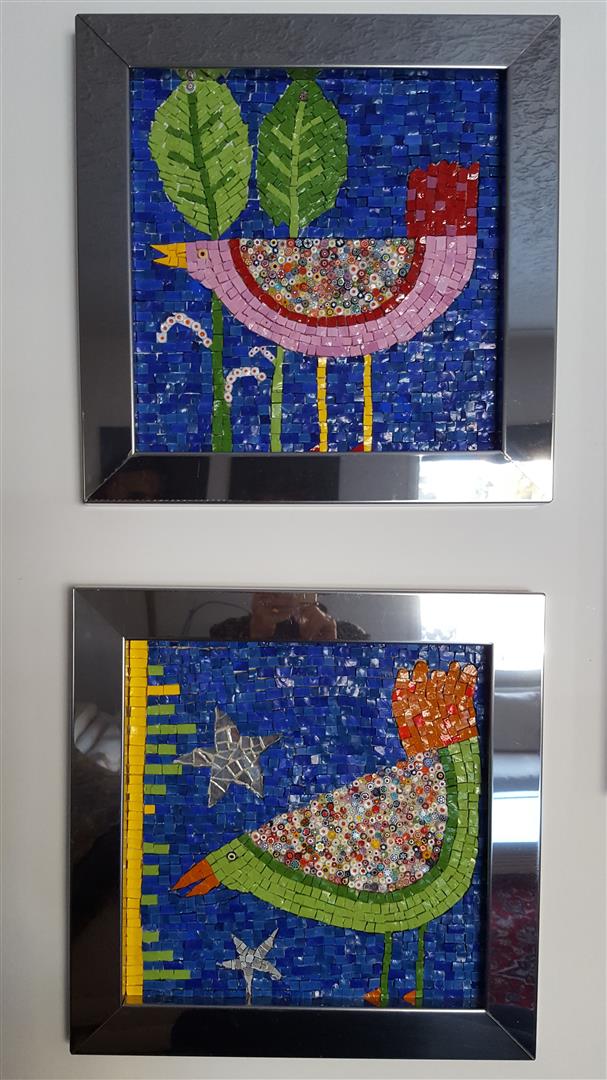
To a possible party
The next possible event is a Stampede party to celebrate the Stampede that isn’t. The damn coronavirus did what even war couldn’t do—canceled our signature event that kicks off summer in Calgary—so I feel obliged to defy the interloper with beans & burgers at the homestead.
And we will dress for the occasion in cowboy boots, fringed shirts and jeans with a bolo tie and Stetson to complete the outfit; western wear is demanding, but oh, so flattering if one meets its demands. Again, a small group of old friends in keeping with the pandemic guidelines—and in keeping with the personal guidelines for the old people we are.
After that, it just might be possible to fly to visit children & grandchildren, as Toronto slowly emerges from its lockdown chrysalis and its patios begin to open up.
To possible work
In the midst of these possibilities is possible work—a tantalizing flicker that flared into a project only to be extinguished by the coronavirus, then flared again to die again because the fit wasn’t right. But two enquiries after three years of none are welcome news for Editor’s Ink.
Again, I have to remind myself to focus on the possible against the background obstruction of our federal government’s seemingly inexhaustible supply of malice toward Alberta—every time we try to reignite the fire of creating wealth for the nation, Trudeau & co. do their best to douse the flames with endless regulations and taxes by a different name.
But we shall overcome because we’re savvy and hard-working and full of possibilities.
To the rule of law, NOT through law
Even though it is not possible to talk reason to the mob, it is possible—and a citizen’s duty—to keep reading and writing about our democratic, capitalistic way of life and its fragility in the face of the left’s constant assault on its foundations. In the same edition of The New Criterion where I came across Pindar’s admonition is a review of The Anglo-American Conception of the Rule of Law by Nadia E. Nedzel & Nicholas Capaldi. It couldn’t be more timely in June 2020 as cities burn and looters run amok across America.
The authors “distinguish between ‘rule of law’—promoting individual freedom as self-regulation—and ‘rule through law’, which emphasizes “community’. Though the latter concept has become familiar through the left’s bent toward rules & regulations for every twitch & turn of life in a polity, it is foreign to the Anglo-American tradition. Our tradition is based on a structure of law addressing the essentials and leaving the individual to regulate himself, with Friedrich Hayek and Michael Oakeshott two of its leading proponents.
Ironically but not surprisingly, it is the citizens who identify as conservatives who volunteer more and give more, embodying community instead of just endlessly talking about it—in short, being virtuous instead of virtue-signaling.
Central to the argument is that individual liberty and the rule of law belong together, and rests on the assumption that ‘human beings want to enjoy peaceful, voluntary interactions and can work out ways to achieve this. Government and law can support and referee this process, but must not control and design it.” And that is central to what defines a conservative: Citizens will figure out how to live their lives, with government as a referee, never as the architect and controller of their lives.
Long may we practice the possible and live the conservative life!
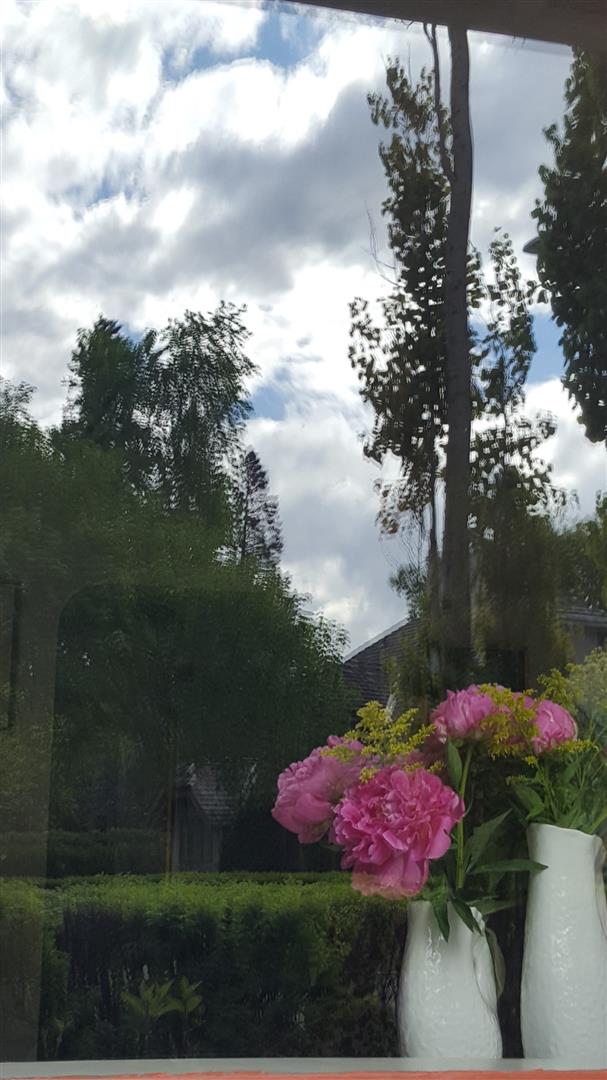
*The New Criterion, April 2020
**The Vision of Sir Launfal by James Russell Lowell
